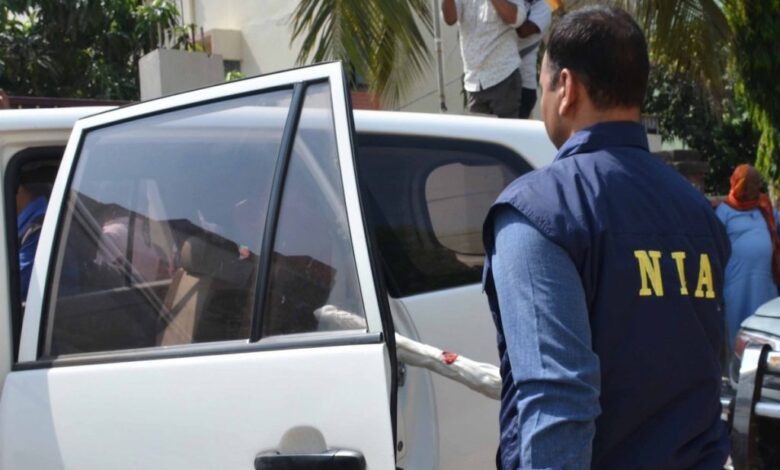Amid a thaw in India-Canada ties, agencies work to combat the nexus of separatists, gangsters, and terrorists.

The National Investigation Agency (NIA) will host a two-day conference next month where chiefs of intelligence agencies and state anti-terror squads will discuss banned Khalistani organisations. In the context of deteriorating relations between Canada and India, the issue of providing safe refuge to Khalistanis has become a sore spot.
According to informed officials, central intelligence agencies wish to emphasise two key points at the conference: the need to seize the assets of those with Khalistani ties and the importance of improved coordination with state police forces so that leads can be pursued internationally.
“Currently, the NIA is investigating approximately ten cases involving gangsters, terror operatives, and outlawed Khalistan organisations. In the majority of these cases, the accused in India are already incarcerated, whereas their accomplices or supervisors are in Canada, Pakistan, etc. An official stated, “We are coordinating with the Ministry of External Affairs and the Research and Analysis Wing (R&AW) to catch them.”
In addition, the NIA plans to discuss and share specific case studies with state counterterrorism agencies regarding how they are dismantling this nexus. “We have begun seizing the assets of a number of terrorists, their associates, and international criminals. We intend to utilise the intelligence network of various state police forces to obtain additional information about their properties. “Better coordination on the ground is required to execute our plan, just as we did against the Popular Front of India,” the official stated.
R&AW Chief Ravi Sinha, Intelligence Bureau Director Tapan Kumar Deka, and National Technical Research Organisation Chairman Arun Sinha will attend the meeting.
Officials also stated that the NIA is investigating ties between gangsters and vocalists, kabaddi players, and attorneys, similar to the period preceding the 1993 Mumbai bombings, when extensive ties between the underworld and film industry members surfaced.
An official cited Arshdeep Singh Gill, a terrorist with ties to Canada who is a member of the Khalistan Tiger Force (KTF), to illustrate why greater coordination is necessary. “The Punjab police and the NIA are both investigating multiple cases against him. In an ideal situation, both investigation teams should coordinate and pursue the case jointly,” the official said, adding that not being on the same page can be detrimental to their investigation when interacting with international agencies.
To press for improved coordination, the official cited the example of Canada-based designated terrorist Arshdeep Singh Gill who is being investigated both by the Punjab Police and the NIA.
Senior officials from the Ministry of Home Affairs emphasised the importance of a streamlined exchange of information, alerts, and terror inputs between the chiefs of security agencies and terror teams operating within states.
“All the invitees have been asked to make a presentation and share the key factors of their terror investigation cases,” a government official said, adding that a rise in the use of Chinese SIM cards in the country and trends in terror financing will also be discussed.



